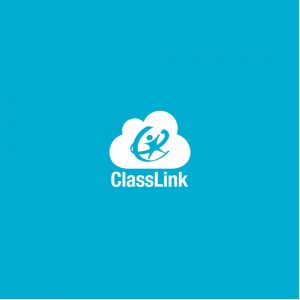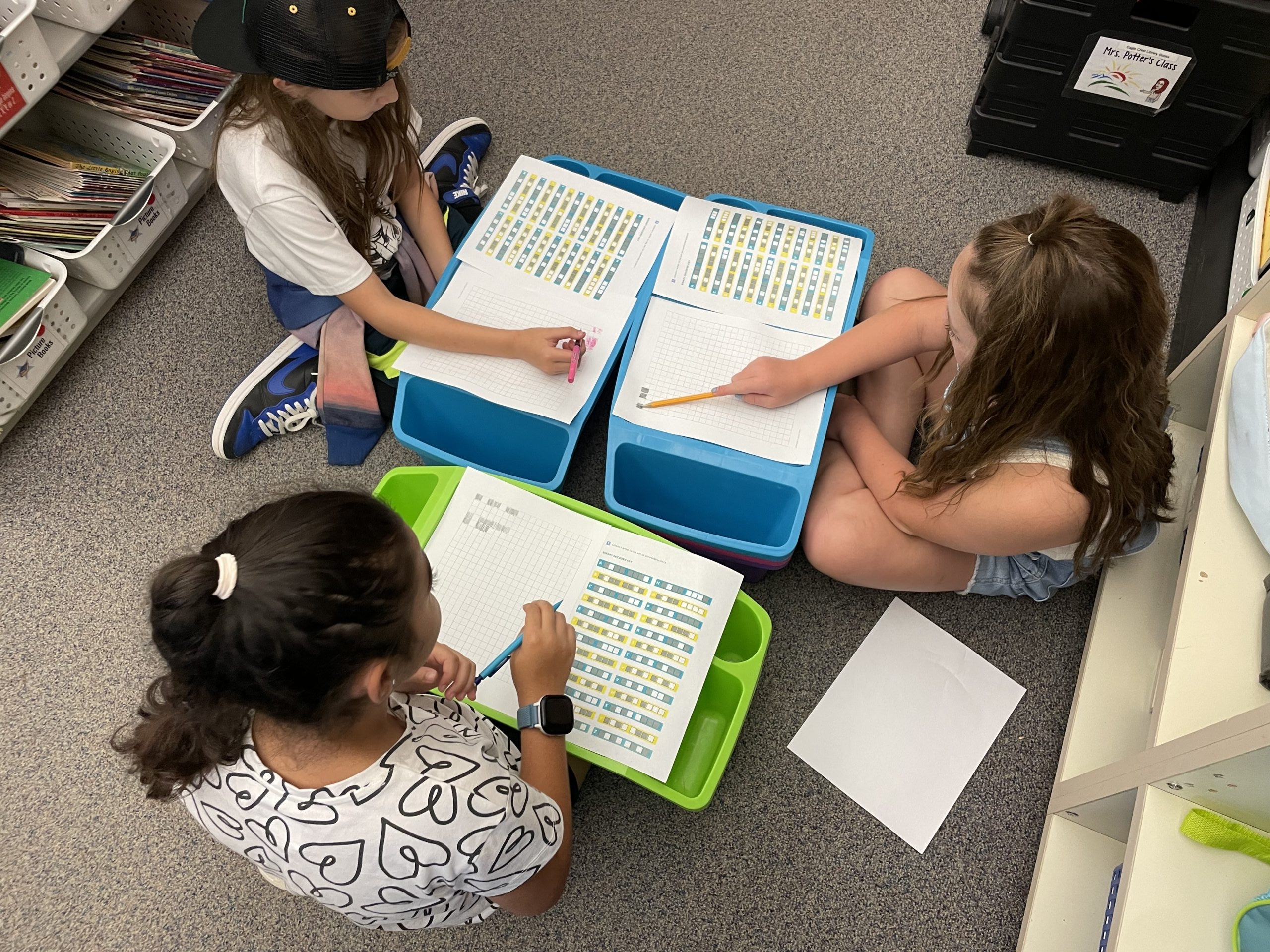Eagle Crest Elementary School is soaring to new heights with an innovative approach to integrating coding into the K-5 curriculum through the Late Start Coding for All program.
Through Late Start Coding for All, the main objective is “to increase creative coding opportunities for all K-5 teachers and students,” explained Katy Schwirtz, STEM Teacher at Eagle Crest Elementary. “We want to build coding capacity in our classrooms, while fostering student engagement in future computer science opportunities.”
Late Start Coding for All began with Eagle Crest’s participation in the Scratch Education Collaborative during the 2022-2024 school years. “As part of this program, schools can receive a grant for up to $15,000 to use toward providing more access to creative coding for underrepresented groups,” stated Schwirtz.
During Wednesday’s Late Start meetings, teachers spend 20-30 minutes learning and understanding a coding lesson, and in the afternoon they complete the lessons with their students. By the end of the day, all students in grades K-5 have learned coding skills and have created projects with their classroom teachers. The lessons are created by the STEM teacher and include screen-free and on-screen coding.
Students in grades K-2 use apps like Little Miss Inventor Coding, BeeBot, Daisy Dinosaur, and Scratch Jr., and grades 3-5 use Scratch and Code.org. “My favorite thing is to program Scratch cat to jump up and come back down,” shared kindergartener Declyn O’Toole.
In the second semester, students will use Scratch Jr. (grades K-2) and Scratch (grades 3-5), to create coding projects that represent their unique personal identities. Additionally, fourth-grade students will have the opportunity to take their coding skills to the next level by designing code that connects their projects to LED-lighted circuit boards called micro:bits.
Late Start Coding for All supports the development of many essential skills and knowledge above and beyond learning to code. Learning to code supports math concepts like algorithmic thinking, problem solving, and sequencing. “Our projects and activities around coding promote vocabulary and language acquisition, storytelling, and creativity,” explained Schwirtz.
Late Start Coding for All brings so much excitement and curiosity to both teachers and students. Fourth-grader Kendra Diaz shared her enthusiasm stating, “I love when we get to code during Late Start days. I have learned that I like coding and learning new things.”



